“Write an opera, but do not use any existing basis for it! Forget Euripides, Shakespeare and Grabbe, and focus on a truly contemporary problem!”
This was the commission that Jörg Widmann received from the Bavarian State Opera in the early 2000s. The composer, being in his late twenties back then, has never composed a full-length opera before, but this time he got inspired. In 2003, the year he turned 30, The Face in the Mirror (Das Gesicht im Spiegel) was premiered. This opera, with a libretto written by Roland Schimmelpfennig, will be played in Hungary for the first time. What a challenge! The creators need to prove to us that if we ponder about issues of our times, it is just as worth going to a contemporary opera as to switch on the newest docu on Netflix.
The human clone
The protagonists of The Face in the Mirror are a married couple, Bruno and Patrizia, who live in the not so far future. They want to make their biotechnology enterprise the market leader, so they try human cloning with their engineer friend. This is how Justine, Patrizia’s clone, is created, and she has a subversive impact on everyone else around her.
Widmann and Schimmelpfennig did not make a secret about how the inability of communication and the lack of empathy, so present in our age, influenced the plot, Justine arrives in a dysfunctional milieu with her childish naiveté, and the humans who play God collapse under the unforeseen consequences. Just like some of their fellows from cultural history, from Pygmalion to Frankenstein.
The opera does not really reflect on these clear parallels, maybe to make the contemporary problem, requested in the commission, come out of any shadow of past interpretations. There is one little nod to that in the form of a name: the engineer is named Milton like the author of Paradise Lost. He teaches Justine to talk, and meanwhile he falls in love with her. But how can anyone not love this nice, kind, innocent clone girl? As Widmann pointed out in an interview given to Müpa Magazine:
“I wanted to humanise Justine’s figure also in music. She is not associated with anything mechanic, robotic. […] It is more like the seemingly emotionless CEO woman, Patrizia, who behaves like a robot.
Therefore the opera twists around the topic multiple ways, and turns our image of the world upside down: the creation of technology is more human than the human being coming from a mother’s womb. No surprise that Bruno, too, whose marriage to Patrizia has been empty already, also falls in love with Justine. Two men fighting for the beloved woman – a trope of thousands of years, which goes very well with the futuristic topics raised by the opera. It also shows that despite all rationality of science, we humans are still rather irrational, and there is no machine or chemical substance that is as interesting for us as peeking into someone else’s private life.
Don’t blame the mirror…
…if your face is faulty! This quote, attributed to Gogol, is my old-time favourite and obviously came to my mind, seeing the opera’s title. The Face in the Mirror refers to the fact that Justine can never see herself in the mirror, otherwise she would realise she looks exactly like Patrizia, so all the lies the humans told her about her existence will fall apart. However, the title means much more than this primer interpretation: the opera forces us to face ourselves, science and arts, past and future, emotions and rationality. And although Roxane Choux and Ana Caterina Caseiro are no twins in real life, it makes their task on stage even more intriguing. The two men are played by Wolfgang Resch and Georg Klimbacher, and the mysterious character called N. by a Hungarian dancer, Eszter Petrány.
Interesting: the opera premiered in the same year when Dolly the sheep, the first cloned mammal, died at the age of seven. Almost 20 years have passed since, and technological development makes average people more anxious than ever. But exactly this is a good reason to see The Face in the Mirror in Budapest: to rule over our fears, sometimes we indeed need to face them.

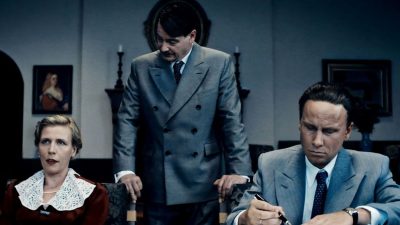
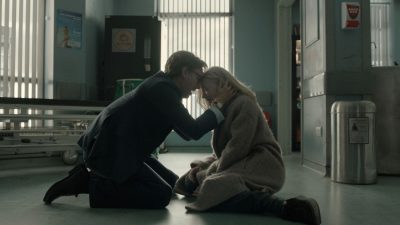


















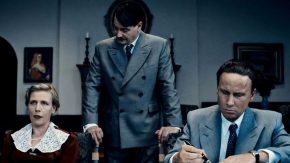
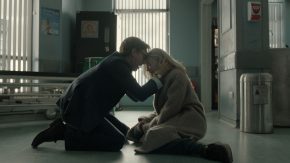


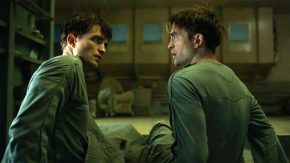
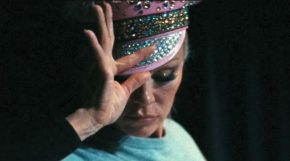
Comments